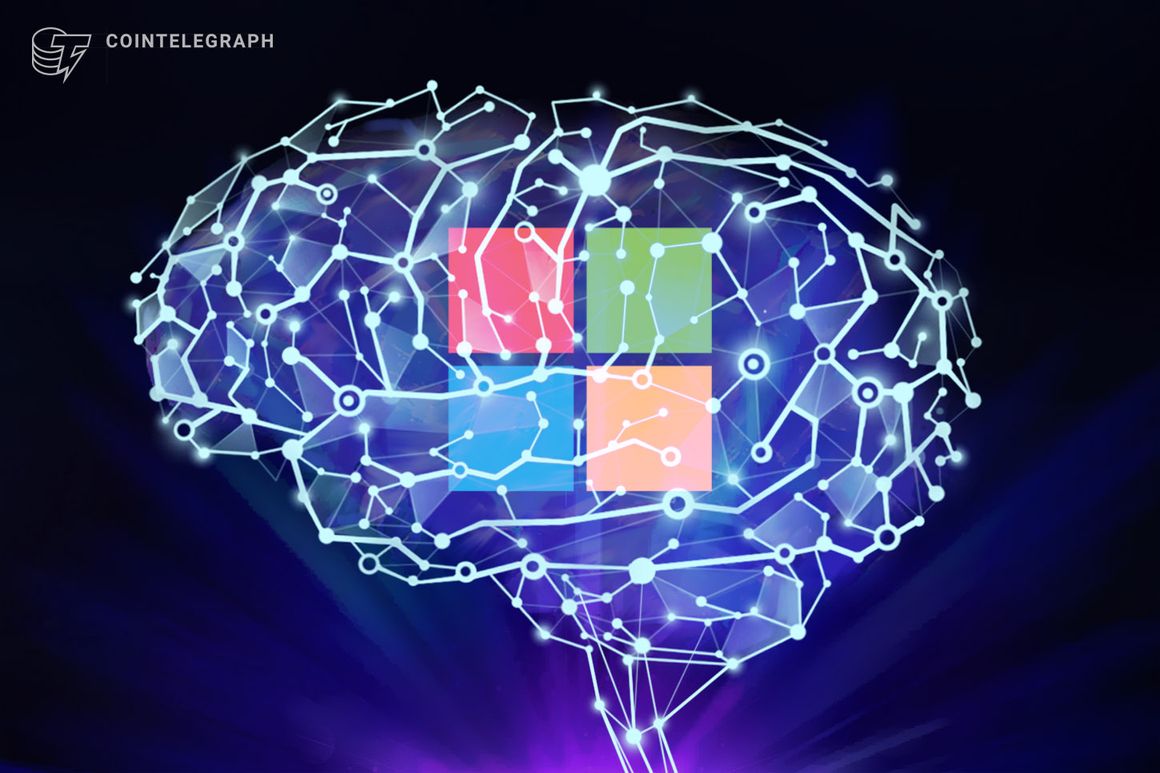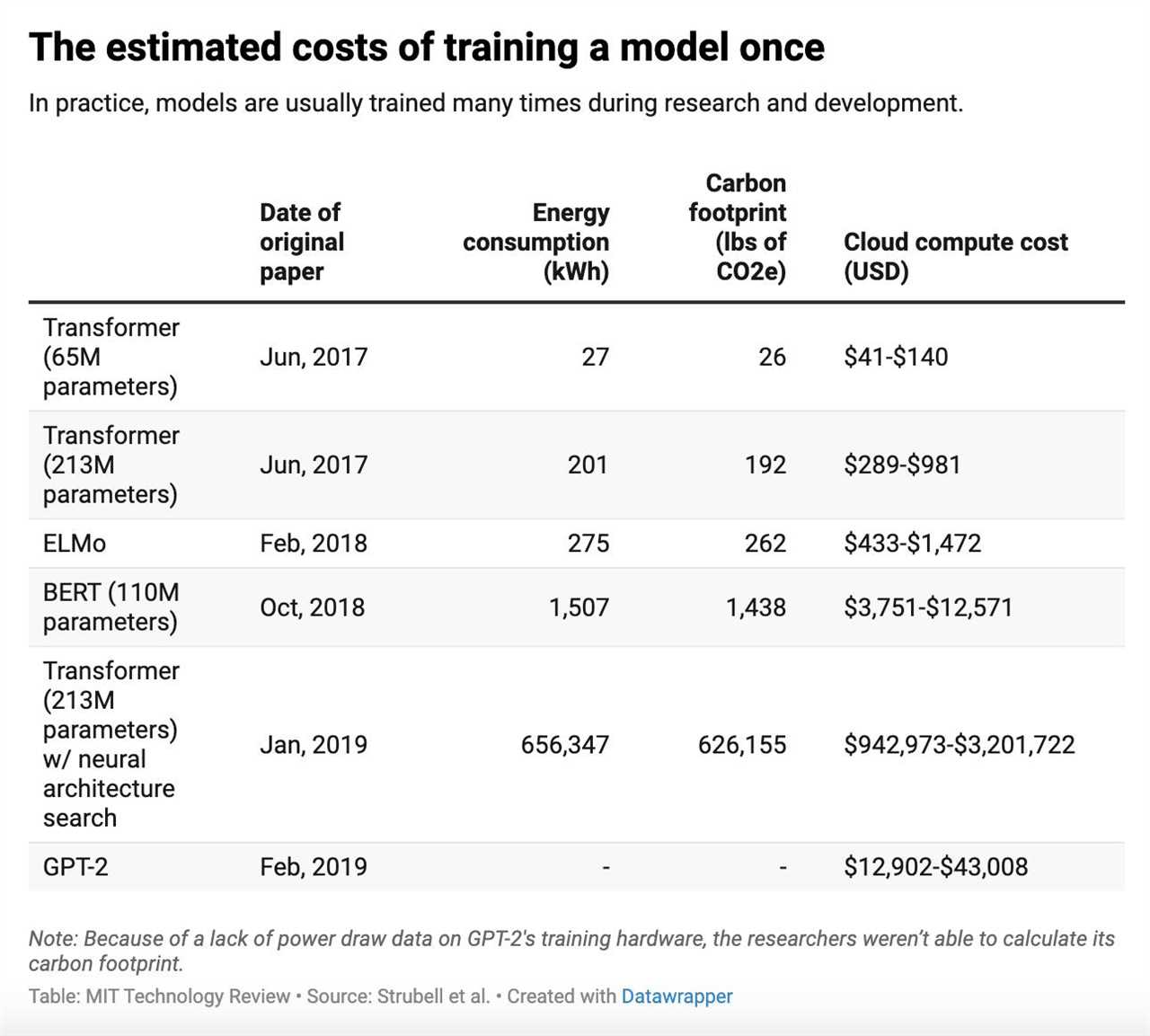
Microsoft Hiring Professional to Develop Energy Strategy Based on Small Modular Reactors (SMRs) and Microreactor Energy
Tech giant Microsoft is reportedly creating a new team to drive forward its artificial intelligence (AI) plans by hiring a professional to develop an energy strategy based on Small Modular Reactors (SMRs) and microreactor energy. The move is aimed at supporting the development of AI models and capitalizing on the potential of nuclear technology.
Microsoft's Vision for Advanced AI Models
Microsoft's chairman and CEO Satya Nadella has highlighted the significance of advancing AI models, describing them as "the next major wave of computing." In a job post reported by The Verge, Nadella explained that Microsoft Cloud is transforming these cutting-edge AI models into a new computing platform.
Requirements for the Position
The company is currently searching for a principal program manager with at least six years of experience in the nuclear industry, engineering, or energy market. The chosen candidate will play a crucial role in Microsoft's nuclear technology efforts, as well as exploring other experimental energy technologies.
Addressing Energy Consumption Challenges
Complex machine learning models, like deep learning, often require significant amounts of energy due to complex computations and the processing of large data volumes. A 2019 study by the MIT Technology Review discovered that training a single AI model can result in carbon emissions equivalent to those of five cars throughout their lifetimes.

Microsoft aims to reduce the energy consumption of AI models through various means, including the development of more efficient algorithms and hardware. Additionally, the company is exploring the utilization of renewable energy sources, particularly nuclear power, for its data centers.
Nuclear Power's Environmental Impact
Nuclear power has long been touted as a solution to carbon emissions and other greenhouse gases due to its zero emissions characteristics. However, researchers at Stanford University argue that it is not a comprehensive environmental solution. They cite concerns over the lengthy time lag between planning and operation, the sizable carbon footprint, and the risks of meltdowns.
Did you miss our previous article...
https://trendinginthenews.com/crypto-currency/brazil-introduces-blockchainbased-digital-id






